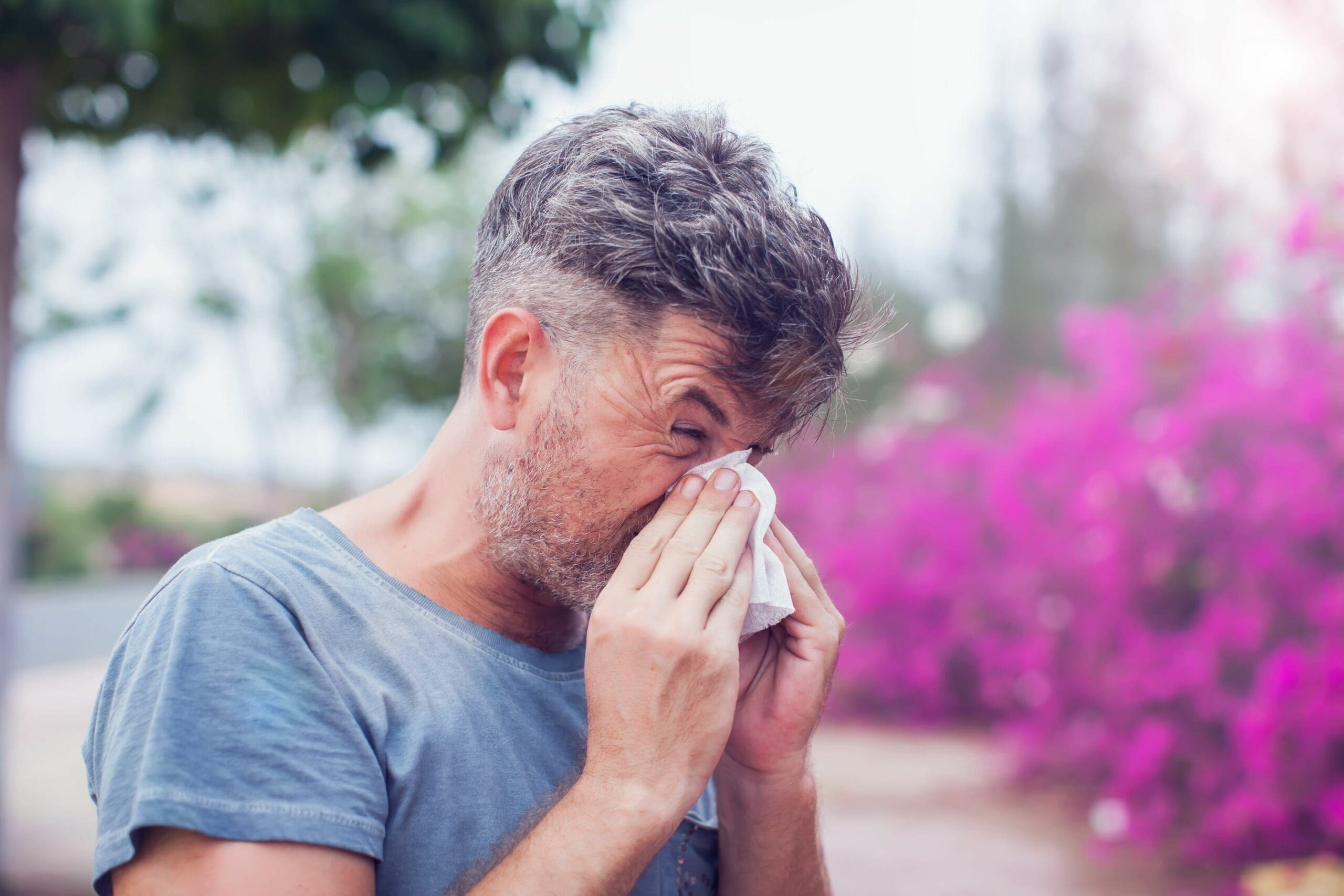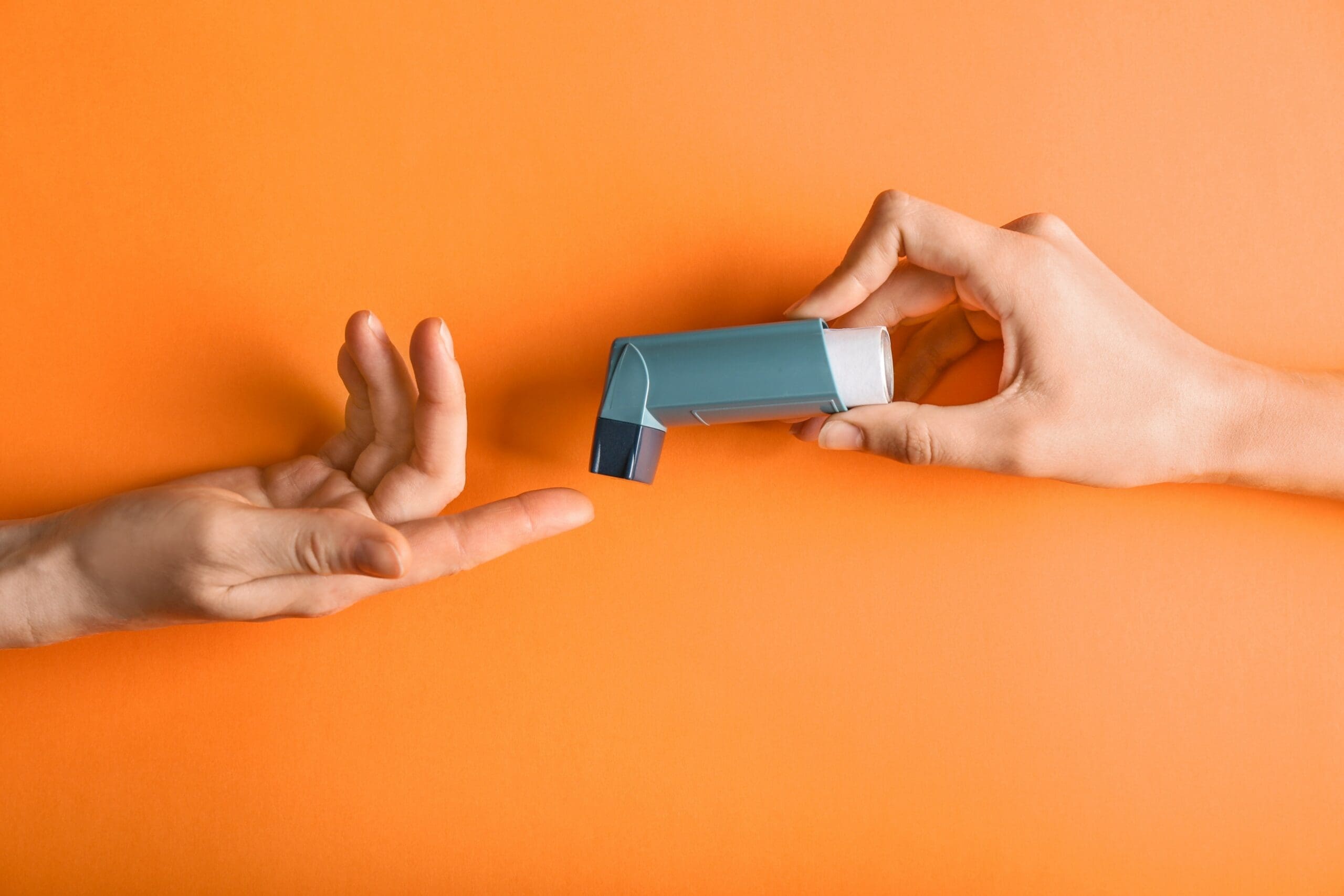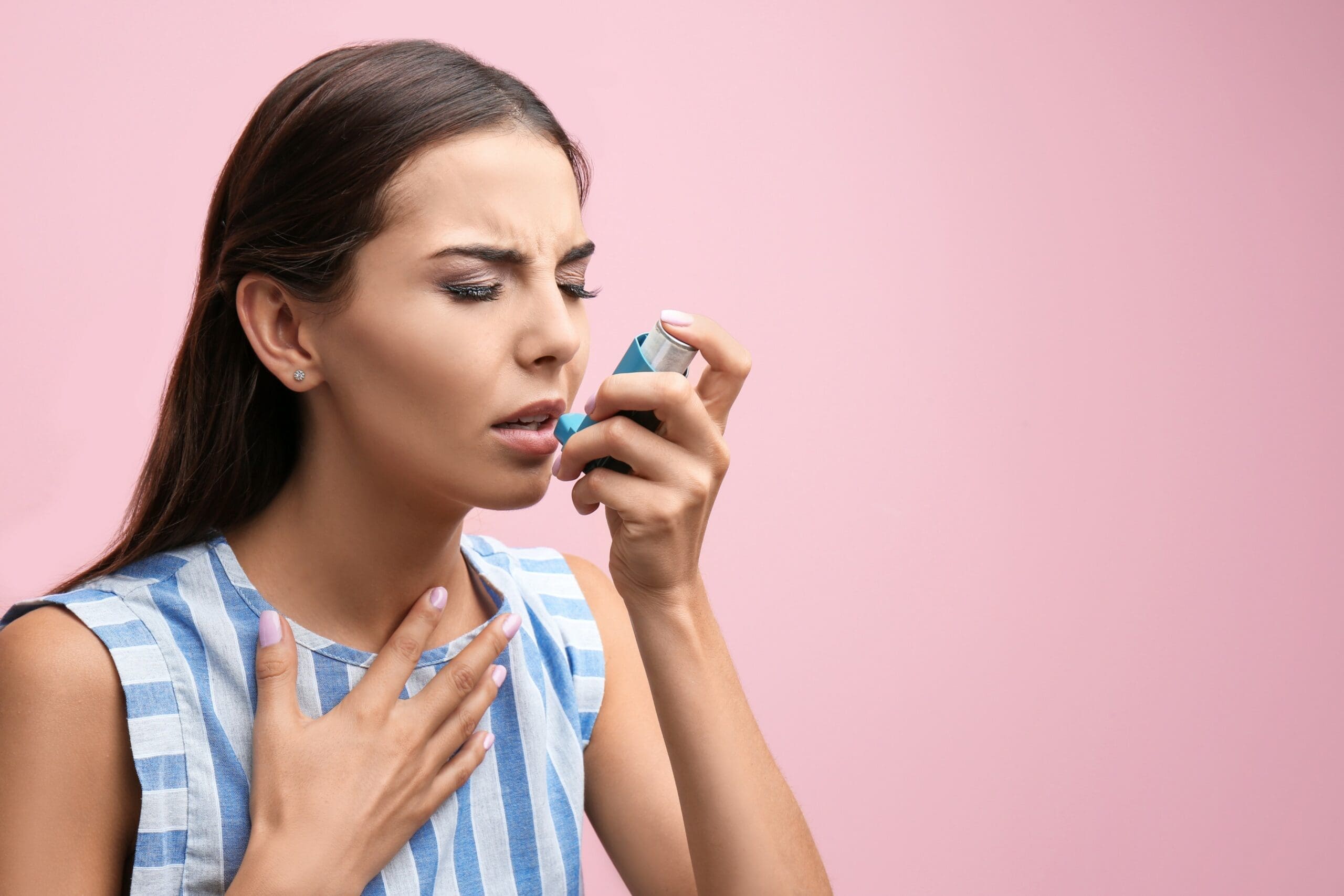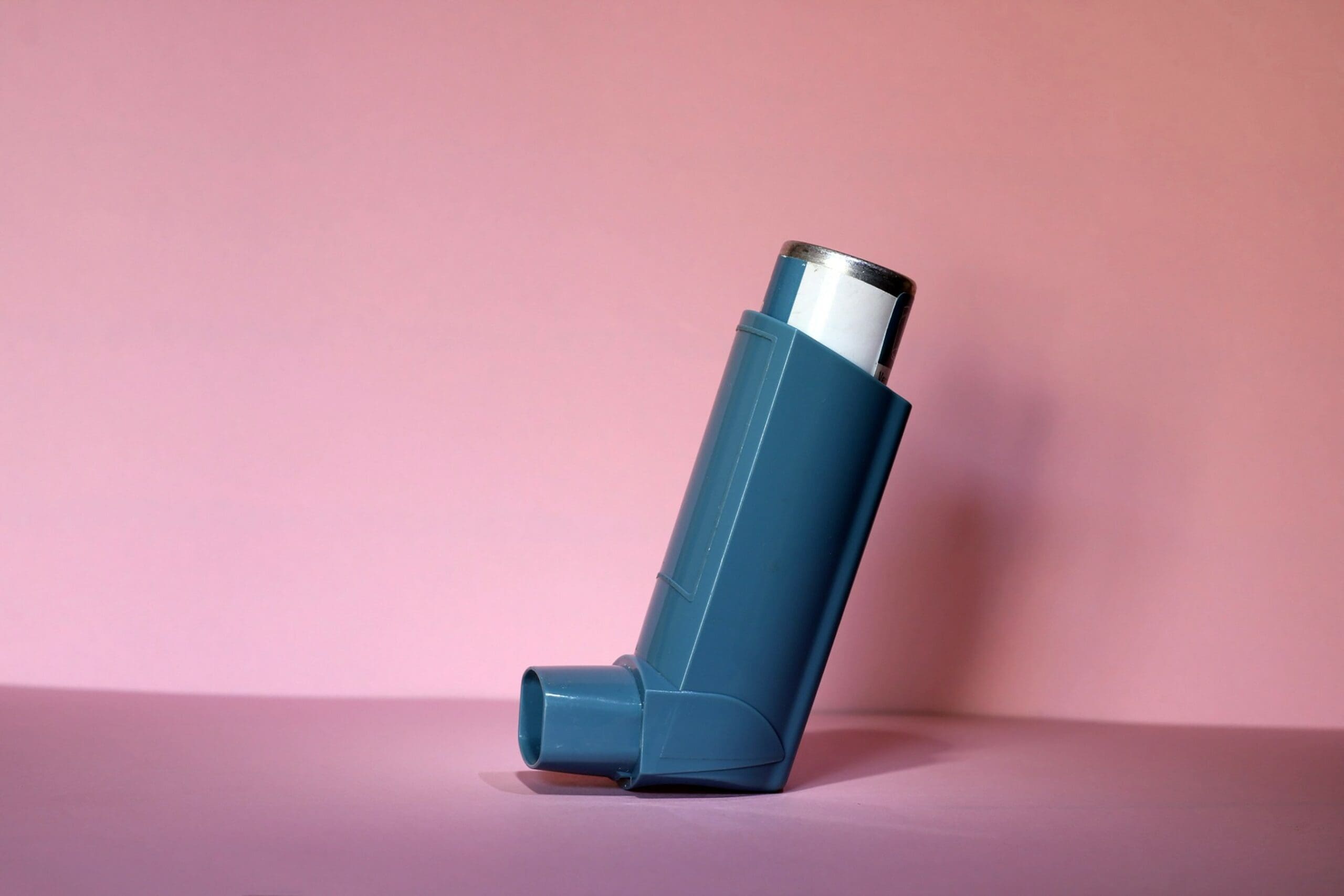Swimming has been recommended in the past for people with asthma but there is no evidence that swimming improves asthma symptoms. In elite swimmers, repeated exposure to chlorine may contribute to the development of asthma.
hay fever
Asthma and exercise
Find out about exercise-induced asthma symptoms and get some tips on how to exercise safely when you have asthma.
Thunderstorm asthma – things you should know
Following the thunderstorm asthma catastrophe in Melbourne, here are some quick tips about thunderstorm asthma, pollen and other triggers, and how to try to prevent it.
Damp, gas stoves and asthma
Household contributors to asthma often go unnoticed, but damp and gas cookers are two to be aware of.
A GP’s advice on how to manage hayfever
Dr Caroline West explains the most effective ways to treat – and beat –hayfever
Sinusitis
Because the drainage holes from the sinuses are narrow, they block up easily. So any excess mucus production can cause a blockage, and pressure builds up in the sinuses.
Video: Does breathing retraining help asthma?
Do breathing retraining programs improve asthma outcomes? Most people with asthma rely on drugs to control their symptoms, but can breathing retraining help as well?
Asthma and smoking
Smoking and asthma do not combine well. Tobacco smoke harms the airways of both smokers and those exposed to environmental tobacco smoke.
Asthma overview
Both children and adults get asthma, and while there is no cure, most people are able to control their symptoms by avoiding their triggers and taking medicines.
Asthma treatments
Asthma treatment involves working with your doctor to create an asthma management plan, taking asthma medicines as needed, avoiding asthma triggers where possible and following lifestyle advice.










